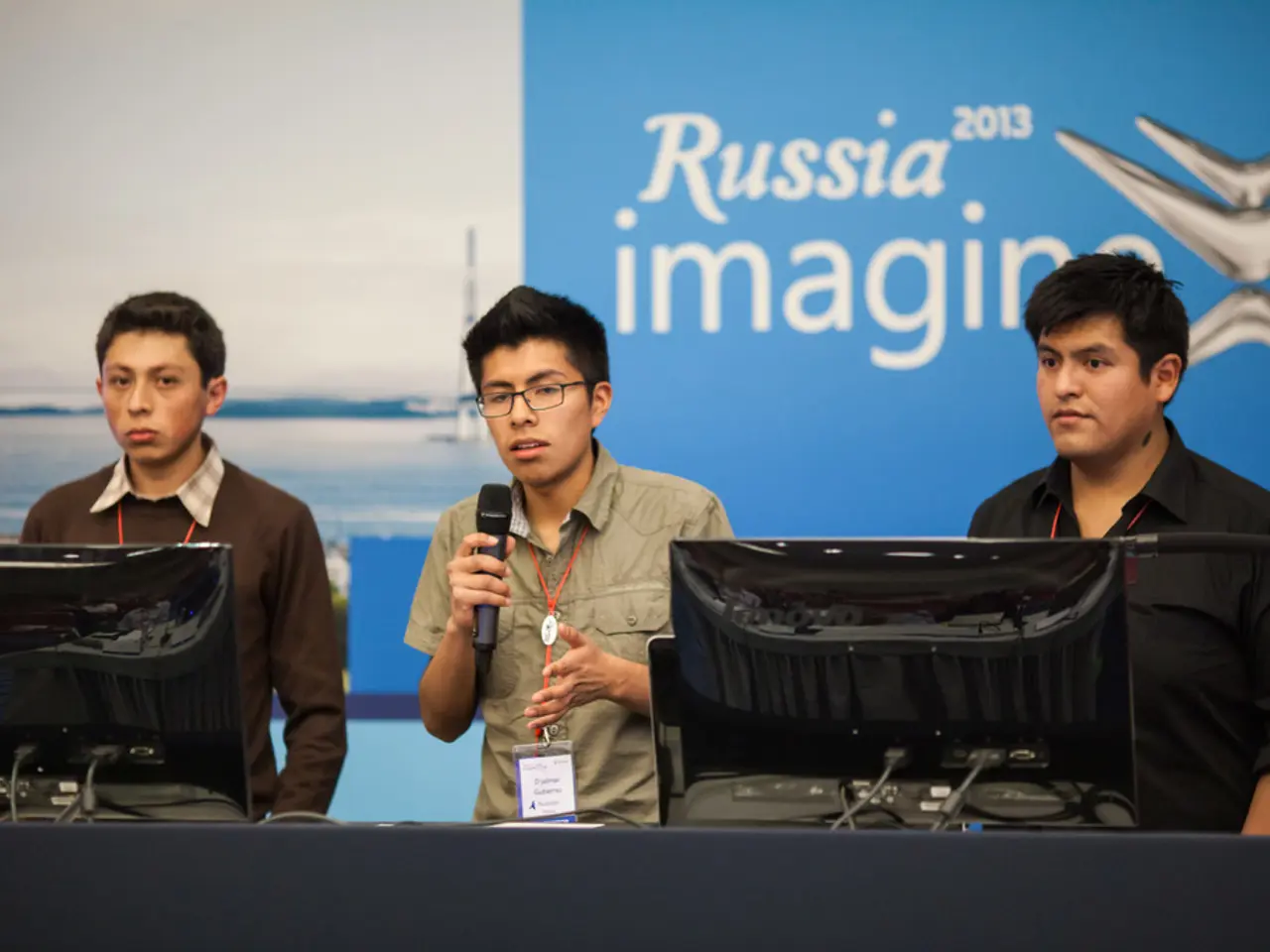Expanding Trade Relations: EU-Kazakhstan Trade Surges by Nearly 18% in 2024
In a briefing held on January 21, 2025, Roman Vassilenko, Deputy Foreign Minister of Kazakhstan, met with the heads of EU diplomatic missions accredited in Kazakhstan to discuss the country's foreign policy priorities. The focus of the discussion was on strengthening economic cooperation and expanding transport connectivity between Kazakhstan and the European Union.
Since 2005, European investments in Kazakhstan have amounted to $180 billion, with more than 3,000 companies with European capital operating in the country. The political dialogue between Kazakhstan and the EU is characterized by high dynamics, as evidenced by the increase in trade turnover between the two parties. In January-November 2024, the trade turnover between Kazakhstan and the European Union reached $44.2 billion, marking a 17.7% increase compared to the same period in 2023.
Imports from the European Union to Kazakhstan totaled $9.6 billion, while exports from Kazakhstan to the European Union amounted to $34.6 billion during the same period. Vassilenko emphasized the importance of effectively implementing agreements in trade, investment, transport and logistics, green energy, and critical raw materials to further strengthen the relationship.
Vassilenko expressed confidence in the potential for a successful 2025 in terms of Kazakhstan-EU relations and stated a goal to further strengthen friendly and mutually beneficial ties with the EU. He also expressed a desire to facilitate the EU visa regime for Kazakh citizens.
The briefing also touched upon Kazakhstan's relations with Russia, China, and the United States. Kazakhstan maintains a pragmatic multilateral approach, balancing ties with these global actors to maximize its strategic autonomy. This geopolitical positioning supports Kazakhstan’s foreign policy goals of regional stability and economic development aligned with international law and fair trade principles.
President Kassym-Jomart Tokayev has emphasized economic diversification as a top priority for 2025, aiming to reduce dependence on raw material exports like oil and gas by expanding processing industries and high value-added goods. This strategy places the EU market "front and centre," aiming to bring Kazakhstan and the EU closer through enhanced trade and investment.
Kazakhstan’s foreign policy explicitly prioritizes strengthening inter-regional economic ties with a strong focus on transport, logistics, finance, and communications infrastructure. These developments are critical to connecting Central Asia more effectively with the EU and global markets, facilitating trade and fostering economic stability. The government is investing in modernization programs to boost competitiveness and infrastructure capacity, supporting Kazakhstan’s aspiration as a key Eurasian economic hub.
In conclusion, Kazakhstan’s recent developments in foreign policy with the EU focus on economic diversification aligned with EU markets and strengthening transport and logistics links in Central Asia. These efforts reflect Kazakhstan’s broader strategy to utilize economic cooperation and infrastructure to ensure regional stability and integration into the broader Eurasian and global economy. Photos from the briefing are available at gov.kz.
Business and finance were key topics in the discussions between Roman Vassilenko, Deputy Foreign Minister of Kazakhstan, and heads of EU diplomatic missions. Vassilenko emphasized the importance of effectively implementing agreements in trade, investment, and green energy to further strengthen the relationship between Kazakhstan and the EU, which has a significant potential for growth in business and economic cooperation.




